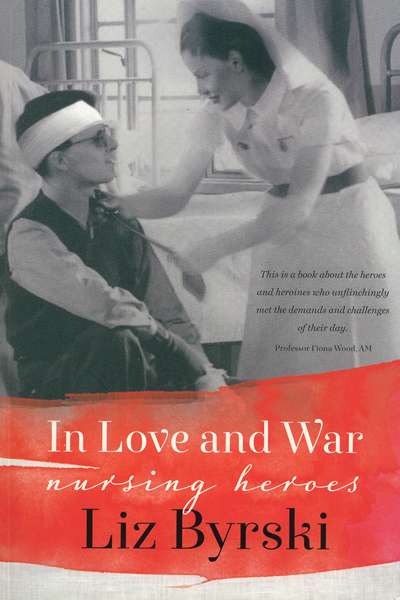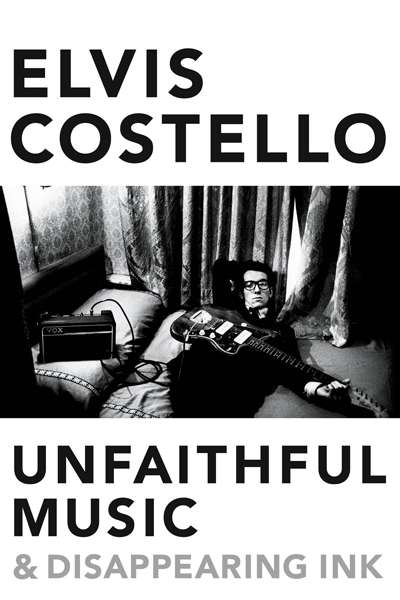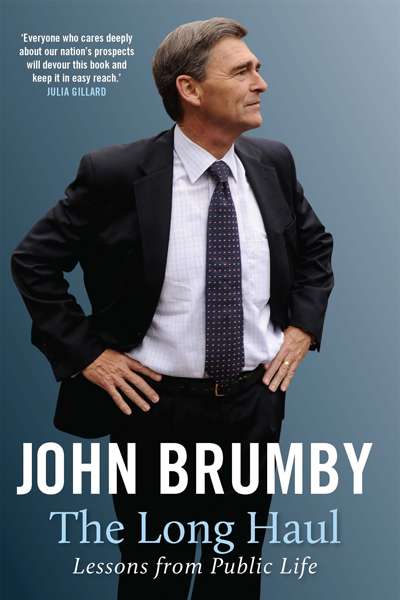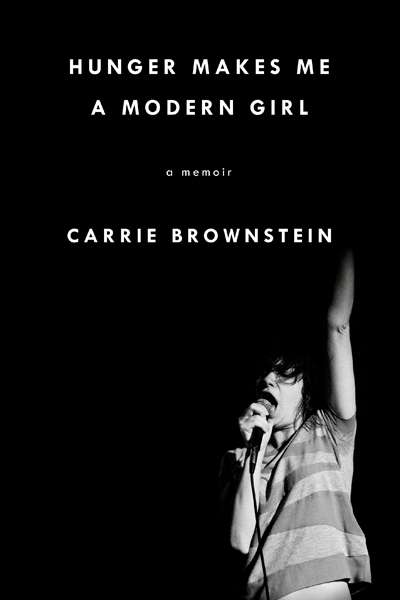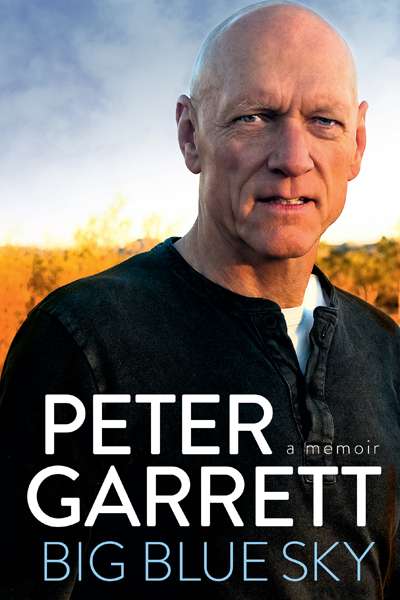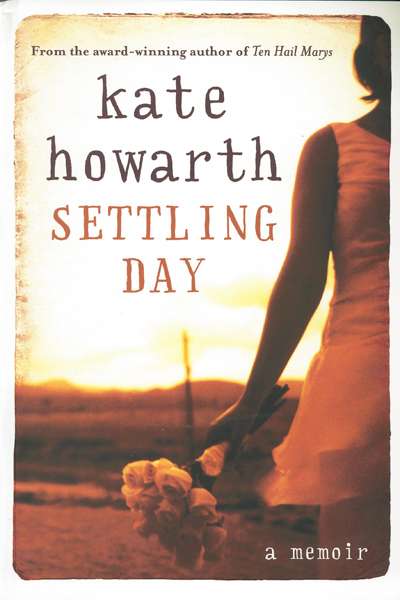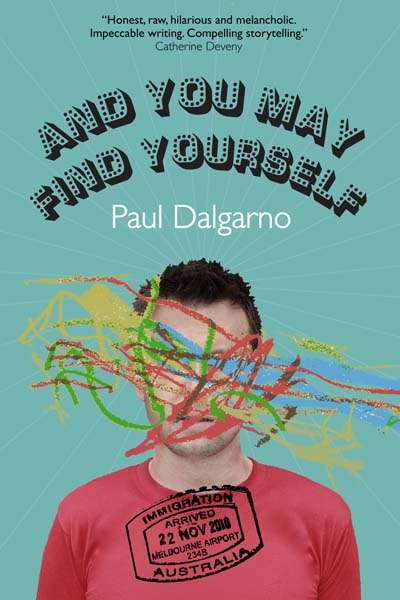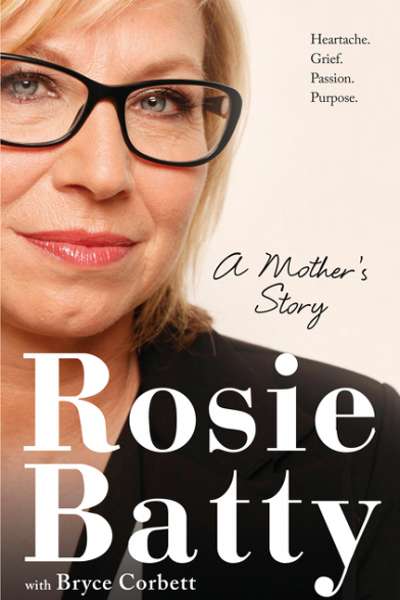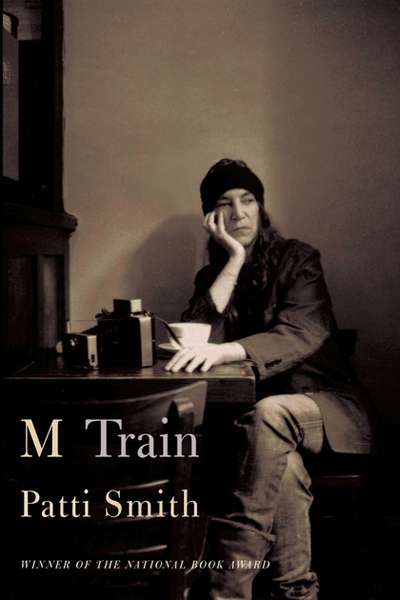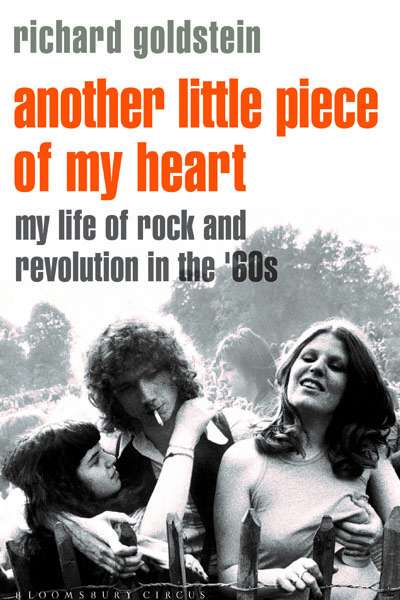Memoir
Western Australian novelist and academic Liz Byrski has written a memoir that explores the reality behind a World War II myth: the ground-breaking work done by plastic surgeon Archibald McIndoe to repair the disfigured faces, hands, and lives of fighter pilots and crews. Byrski grew up during the war in East Grinstead, Sussex, near the hospital where McIndoe worked, ...
Unfaithful Music and Disappearing Ink by Elvis Costello
'Oh, I just don't know where to begin,' opens 'Accidents Will Happen', one of the best pop songs of Elvis Costello's four-decade recording career. The English songwriter (born Declan MacManus) has no such trouble with his generously sized memoir, which details the creation of so much of his work. 'A lot of pop music has come out of people failing to copy their model ...
The Long Haul: Lessons from Public Life by John Brumby
Alongside the current boom in political memoir, with its tendency to self-aggrandisement, score-settling, and justification of the indefensible, there grows quietly a small but compelling genre of books that explore the craft and policy purpose of various types of political work. Notable examples from Melbourne University Press include
Sleater-Kinney, an American rock trio, are closely associated with the cities of Olympia and Portland, in the Pacific Northwest. In the mid-1990s, when Sleater-Kinney formed, the region was home to a thriving, if somewhat puritan, independent music scene, one in which participants prided themselves on their distance – both geographic and cultural – from the main ... Hunger Makes Me a Modern Girl by Carrie Brownstein
Dressed in a suit, standing beside a prime minister, Peter Garrett never looked totally convincing as a cabinet minister. We recalled his onstage persona in Midnight Oil, stooped and balding, a towering figure struggling to contain his energy and passion.
Garrett was minister for the environment, heritage, and the arts in the first Rudd ministry; after the 2 ...
Kate Howarth is the child of a single mother, father uncertain, brought up by her Aboriginal grandmother. She in turn becomes pregnant at sixteen. Determined to keep her son despite the pressure to give him up for adoption, she marries the father. The marriage doesn't go well and Kate leaves without her son, hoping to come back for him when she is settled, but thing ...
Writing about masculinity is difficult. But Paul Dalgarno, a founding editor at The Conversation, accepted the challenge. In And You May Find Yourself, he expresses truths which never seem trite or indulged.
The book describes the author's relationship with his father, as well as the flaky bond he shares with his wife and sons. These anxiet ...
I was halfway through A Mother's Story when my oldest daughter asked how I would review it. 'Will you talk about the writing, mum, or the content?' she said. 'You could bring personal experience into it because you are a mother too. You'll read it differently from me.'
Lily is fourteen. She is rarely interested in the same books as me and she has ne ...
The writer is a conductor, opines the 'vaguely handsome, intensely laconic' cowpoke who speaks to Patti Smith as she lingers at 'the frame of a dream'. His words shape Smith's days. 'It's not so easy writing about nothing,' this companion tells her, and she scratches these words over and over onto a wall in her home with a chunk of red chalk.
...Another Little Piece of My Heart: My Life of Rock and Revolution in the 60s by Richard Goldstein
Richard Goldstein, one of the first rock critics, has always occupied a weird place in the history of music criticism. His memoir could have sat uneasily as an attempt to justify and reconcile his position, but instead, Goldstein taps into a strangely confessional vein, tracing his history from the Bronx to the Ballroom, finding his home at the Page 28 of 61


